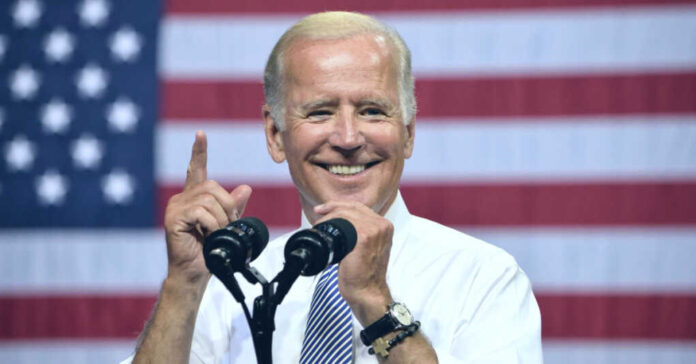
A noteworthy development has taken place during the ongoing House impeachment inquiry. Jason Galanis, a former business associate of Hunter Biden, has come forward to provide a detailed opening statement to congressional investigators. Galanis said Joe Biden planned to join the board of his son’s firm, which was backed by a Chinese businessman and state-owned enterprises.
Galanis emphasized that Hunter Biden’s family connections were crucial for their business dealings. He stated that the main asset Hunter Biden brought to their enterprise was his family name and the access it provided to his father, who was then the Vice President, Joe Biden. He outlined the ambition behind their collaboration with Hunter Biden, which aimed to establish a robust private equity framework, leveraging both a prestigious Wall Street identity and a prominent political lineage for global influence.
“Our objective was to build a diversified private equity platform, which would be anchored by a globally known Wall Street brand together with a globally known political name,” Galanis explained.
According to Galanis, he partnered with Devon Archer and Hunter Biden between 2012 and 2015. Their joint venture mainly focused on acquiring Burnham & Co, a division of Drexel Burnham Lambert, along with “other businesses in insurance and wealth management.” Galanis testified that the trio’s total audited assets exceeded $17 billion. Their objective was to transform Burnham & Co into the hub for establishing a “Biden Family Office” within a leading financial company, which would have a global presence. Joe Biden’s involvement would bring “political access in the United States and around the world,” Galanis said.
The team decided to partner with Harvest Fund Management, led by Henry Zhao and supported by state-owned entities in China. Initially, Harvest had already agreed to be a founding partner of BHR Partners. Joe Biden met with Jonathan Li, who worked for BHR Partners, in China in 2013. Galanis explained that Henry Zhao, the director of Harvest, was a contact of Hunter Biden.
Galanis also highlighted Zhao’s keen interest in the collaboration, primarily due to the unparalleled advantage the Biden family’s involvement brought to the table, even hinting at Joe Biden’s expected participation in the venture after his vice-presidential tenure. This partnership was a strategic maneuver to gain political favor and influence in the United States and globally.
During the proceedings, Galanis shared a highly significant piece of evidence – an email draft intended for Zhao. The email contained details of in-depth discussions about a board position for none other than Joe Biden himself immediately after he left office. This email draft illustrated the enormous expectations set for Biden’s joining, making it a crucial piece of evidence in the proceedings.
Although the final email was modified, Galanis retained records of the original content, underscoring the anticipated benefits Zhao sought from what he termed ‘intangible goods’—essentially the prestige and influence Joe Biden could bring to the business. According to Galanis, Zhao regularly sought reassurance that Vice President Biden would be serving on the Harvest board after he left office.
Galanis also recounted instances where Joe Biden appeared to engage directly in business dealings, including a significant phone call during a meeting with Russian investors arranged by Hunter Biden. The incident in question was depicted as a calculated move to demonstrate Hunter’s close and direct access to the powerful sphere of influence surrounding his father.
This testimony arrives at a pivotal moment, especially after assertions from House Democrats like Rep. Jamie Raskin that the impeachment inquiry was nearing its conclusion. The recent revelations by Galanis are expected to significantly impact the ongoing investigation, as they are likely to rekindle the momentum. Of particular interest is the upcoming interrogation of Hunter Biden, which is scheduled to take place next week and is seen as a critical phase in the unfolding political drama. With the stakes high and tensions running deep, the outcome of this phase could have far-reaching consequences for all parties involved.







